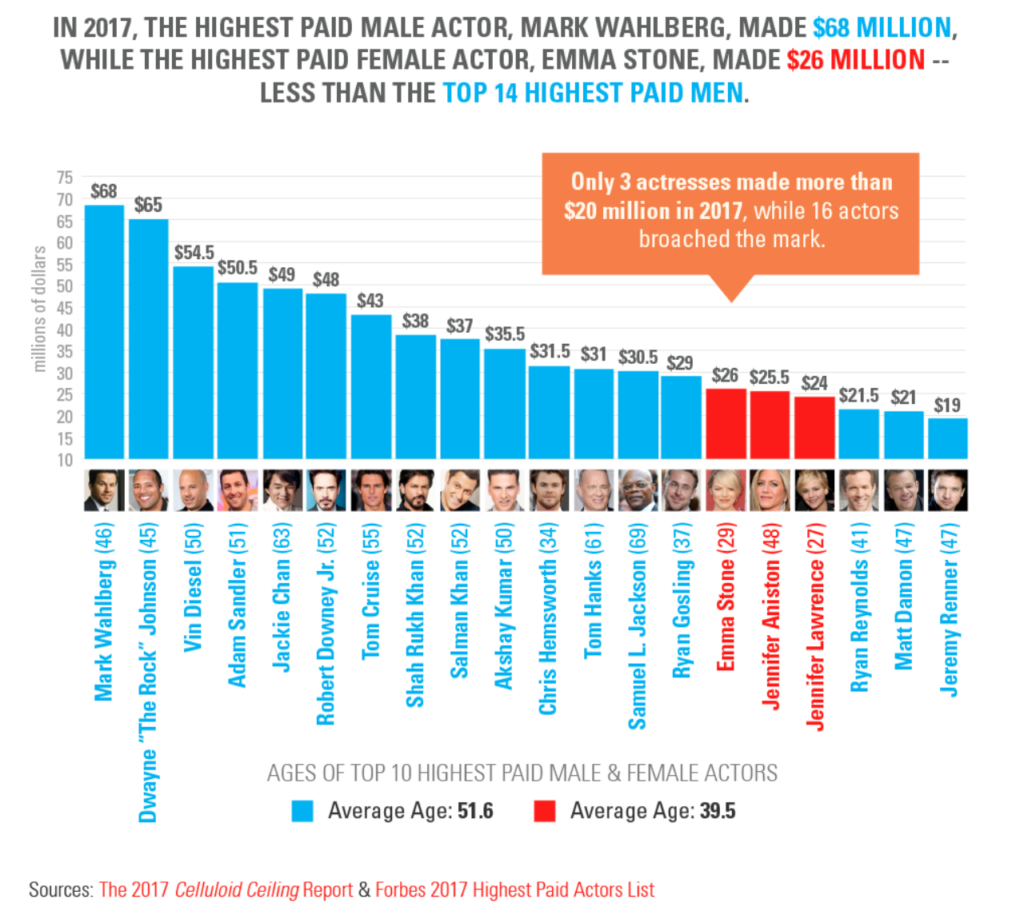Over the course of these past few days, Scarlett Johansson has locked horns with Disney in a legal dispute. Johansson claims that Disney breached her contract upon the release of Black Widow in both theaters and on their platform Disney +. The actress’ pursuit has prompted other Disney actresses (Cruella’s Emma Stone and Jungle Cruise’s Emily Blunt) to begin assessing their options as well. Why is this such big news though, and why should we care? Join us as we break down this legal dispute and delve into the greater discussion at hand.
Why is Scarlett Johansson suing Disney?
Covid-19 is responsible for a lot of setbacks in the film industry these days, as well as why movies are being released the way they are. Since the need to social distance made theatrical releases difficult, some companies (like Disney) have decided to release their movies on the streaming services they own. The issue between Scarlett Johansson and Disney lies here, with the way the film is initially distributed to viewers. Per Variety’s coverage of the matter, Johansson’s contract read that Black Widow would be guaranteed “a ‘wide theatrical release’…meaning [that] the film would be shown on at least 1,500 screens” (Variety, July 30th, 2021A). Now that snippet there implies that the movie was supposed to be shown on at least 1,500 movie theater screens, which does not technically include the vast multitude of screens that streaming platforms have access to. Additionally, Johansson’s legal team argues that the understanding was that Black Widow’s theatrical release was supposed to be exclusive, which would have implied that the movie would not hit other platforms until after 90 to 120 days have elapsed (Variety 2021A). Variety also cites that the actress’ team has on hand an email from Marvel Chief Counsel Dave Galluzzi, which appears to support the idea surrounding the theatrical exclusivity the film was supposed to receive. Galluzzi’s email also reads that any deviation from the original agreement would reopen the floor to discussion as Johansson’s deal is “‘based on a series of (very large) box office bonuses.’” (Variety, 2021A).

To wrap it up in a bow, Disney was supposed to renegotiate Scarlett Johansson’s contract with her so that she could be properly compensated for having her movie released on Disney +, which was not originally part of the deal to begin with. Paired with the notion that the Covid-19 crisis is still ongoing with the advent of the Delta Variant, theaters still aren’t hosting audiences at their fullest capacity, despite being open. This in short means that Scarlett Johansson’s payout would not be as generous as it ought to be, as the Galluzzi email mentions her deal is predominantly focused on box office bonuses. Johansson’s team estimates that Disney’s move “cost the actress $50 million in backend compensation” (Variety, 2021A). Granted, Scarlett Johansson did make $20 million from her part in Black Widow, but the problem is more intricate than that. The problem is how Disney has responded to the actress’ dissatisfaction. For a more detailed breakdown of Scarlett Johansson’s side of things, Variety’s article has much more information to offer.
What is Disney doing?
In response to Scarlett Johansson filing the lawsuit against them, the Walt Disney Company issued a statement that read, “‘There is no merit whatsoever to this filing…The lawsuit is especially sad and distressing in its callous disregard for the horrific and prolonged global effects of the COVID-19 pandemic.’” (Variety, July 29th, 2021B) Disney is also credited with providing how much they have already paid out to Johansson (which was the aforementioned $20 million). It is also worth noting that, at the time the article was written, Disney had not yet provided any information regarding a renegotiation of any kind regarding their deal with the Black Widow star (Variety, 2021B). For a more detailed and in-depth description, here’s Variety’s coverage of Disney’s response.
The main takeaway from Disney’s response is that they aren’t having it. According to the first article cited from Variety, the corporation appears to believe that it has done Johansson no wrong. In fact, Disney claims that they have upheld their end of the contract in terms of Black Widow getting a wide theatrical release. They seem to be making the semantic argument, saying that the fine print doesn’t necessitate an exclusive release in theaters alone (Variety, 2021A).
The case that’s building between Scarlett Johansson and Disney is looking like it could be greatly influential in more ways than one. Not just because everything isn’t as picture perfect as we thought in the realm of Disney, no. The outcome of this legal affair could determine how women negotiate wages in the film industry going forward. Even though she is a pretty wealthy actress, Johansson still deserves to be paid in full for the work she put into Black Widow. One can argue that her situation is symptomatic of a larger, more widespread issue. Even an actress of Johansson’s caliber appears to be finding herself a victim of the wage gap between actors and actresses in the film industry.
The Track Record for Equal Women’s Compensation
For some time, the New York Film Academy (NYFA) has taken the opportunity to track gender inequality within the film industry. Here are some metrics that are relevant to Scarlett Johansson’s case. To put things in perspective, $20 million may seem like a lot to those of us who make substantially less. However, we would like to implore you to consider this upcoming metric for a moment.
As you can see in the chart above, there are male actors who have been paid a great deal more than $20 million. The wage difference between male and female actors in the film industry is quite stark. This is just from the year 2017 too. Notice that only 3 actresses barely came close to the $30 million mark in that year alone. It isn’t like Jennifer Lawrence and Jennifer Anniston aren’t A-List movie stars, they are in fact A-List movie stars. Seeing such dramatic differences begs the question, why does it exist in the first place? The quality of their acting is on par with the other actors listed in this graphic, and yet they are paid less for that self same quality their peers exhibit. Purposeful or not, it is an observable trend in the movie industry, one that needs to be rectified. In the year 2018 during the 90th Academy Awards, of the 19 categories that were not acting-related, 131 men were nominated whereas 40 women nominated. To top it all off, in all the history of the Academy Awards, out of the women nominated only two have won the award they were nominated for (Kathryn Bigelow in 2010 and Chloé Zhao in 2021 won Best Director). Based on the legwork the NYFA has done to track these developments, it’s fair to say that there is a notable degree of both gender bias and gender inequality in the film industry, and the scales are not tipped in women’s favor. For more detailed information on
With these thoughts in mind, perhaps now we can better appreciate Scarlett Johansson’s struggle to attain what she is owed from Disney. As of this moment, she fits the terribly unbalanced metric displayed above. As the star of her own movie, Johansson should receive much more for the work she has done for them, plain and simple. Which is why her dispute with Disney is so momentous. Her success or failure in this matter will undoubtedly set a standard for actresses going forward. It already has for a couple of other actresses who’ve done work for Disney recently, but in the long term, the results of this dispute could affect how actresses who aren’t as soundly secure in their reputation negotiate what they earn in the future.
